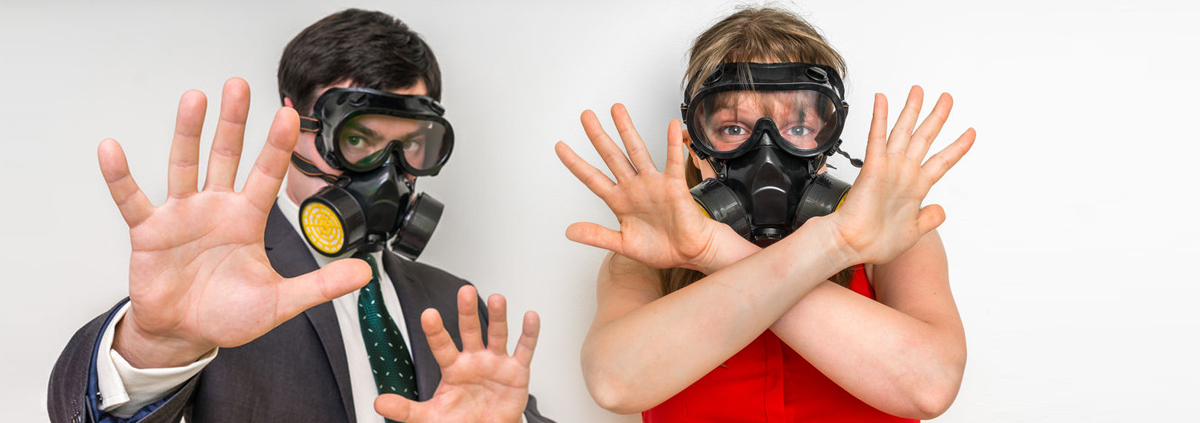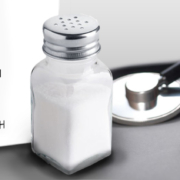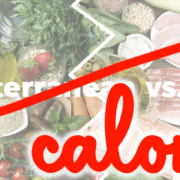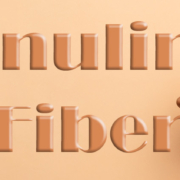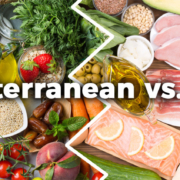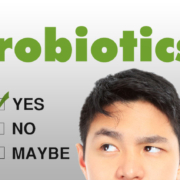Dealing with Keto Breath and Other Odors
Quick question: what side effect do you typically assign to eating asparagus? I bet you took less than a second to come up an answer: a different odor to your urine, sometimes quite pungent. Asparagus is a cruciferous vegetable with phytonutrients that produce the effect.
On Tuesday and Thursday, we looked at digestive problems with going keto; today we’ll look at odor issues.
Ketosis, the result of metabolizing fat into ketones for use as a fuel, also has a specific odor associated with it: your breath can smell like nail polish remover. The ketones may have complicated names such as acetoacetate, beta-hydroxybutyrate, and acetone, but they do one thing: they cause an odor in your mouth and as you breathe out. Our bodies always make those odors, but because we’re forcing the body to produce more ketones, the odor is more noticeable as ketone remnants exit the body via breath and urine.
In this case, there’s no real solution. If you want to use fat as a fuel almost exclusively, you learn to live with the smell. Just make sure to drink plenty of water, because water is important to get rid of these chemicals and protect the kidneys. Drinking water and brushing more frequently may help compensate for keto breath.
Health news has recently become full of eye-catching headlines about something termed “keto crotch.” While it can affect men, it seems to especially impact women by changing the odor of the vagina and vaginal discharges. It seems obvious that it’s the result of the diet, although there’s no research that I could find that has examined it. Gynecologists speculate that it’s the change in the vaginal pH that can contribute to increased odors. If that’s true, it would radically change the vaginal microbiome and that could change the odor. At this point, we don’t know.
One
thing that may help is taking probiotics that contain Lactobacilli strains; some research has demonstrated benefits for
bacterial vaginosis. Whether probiotics will help with the odor associated with
the keto diet or not is unknown, but it’s possible. A prebiotic would also be
needed to feed the probiotic because on a keto diet, there’s no fruit with its
special sugar to feed the bacteria.
The Bottom Line
Going keto has side effects. Some people may not get any of them. Genetics, the microbiome, and other factors no doubt will have an impact on the extent of the side-effects. I’ve tried to cover the obvious ones this week but there are others, from depression to fatigue.
Which brings me to a question I’m often asked: what do I think about the ketogenic diet? I think it’s a good tool to use fat as a fuel for a limited time, and together with the right exercise program, it can be effective in helping people lose body fat; that’s why it’s part of the Fat-Burning Plan in the Optimal Performance Program.
I assess diets this way: what has to be added to make it healthy? Veganism requires most people get vitamin B12 from somewhere other than meat. The keto diet lacks vitamins, minerals, fiber, and probiotics typically found in vegetables. Both diets lack essential nutrients. If you decide to go keto, it’s important to add these supplements to your diet: a multivitamin-multimineral, probiotics, prebiotics, and fiber.
Because of the side effects, I just don’t think going keto is sustainable. Use it as a tool, as a means to an end for a specific goal. The goal is to stay healthy by learning to always do these three things: Eat better. Eat less. Move more.
What are you prepared to do today?

